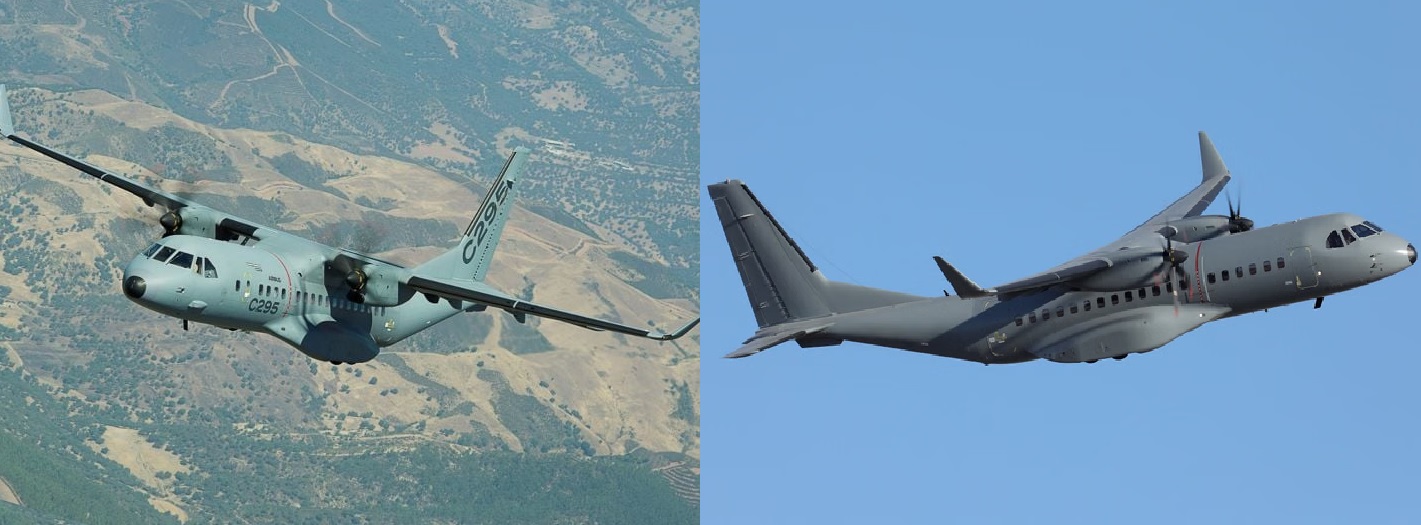Sri Lanka to Lift Ban on Foreign Research Ships Despite Indian and US Concerns

Sri Lanka has decided to lift the ban on the visit of foreign research ships starting next year, despite significant security concerns raised by India and the United States. This decision, reported by Japanese media, marks a significant shift in Sri Lanka’s policy towards foreign vessels, particularly Chinese surveillance ships, which had frequently requested docking permissions.
This change was conveyed by Sri Lankan Foreign Minister Ali Sabry during his visit to NHK World Japan. The move comes after Sri Lanka had imposed a ban earlier this year in response to concerns from India about the increasing presence of Chinese research vessels in the Indian Ocean. These vessels were suspected to be spy ships, prompting New Delhi to urge Colombo to prevent their docking.
In January, Sri Lanka banned the entry of foreign research vessels, making only a single exception for a Chinese vessel. Despite this, Sabry highlighted that Sri Lanka cannot apply different rules for different countries and emphasized the importance of neutrality, stating that Sri Lanka will not take sides in disputes between other nations.
Two Chinese spy ships have docked in Sri Lanka’s ports within the past 14 months, one for replenishment and the other for research. The latest, Shi Yan 6, arrived in October 2023, purportedly for geophysical scientific research in collaboration with Sri Lanka’s National Aquatic Resources Research and Development Agency (NARA). The United States had also expressed its concerns before the arrival of Shi Yan 6.
In August 2022, another Chinese vessel, Yuan Wang 5, docked at Hambantota in southern Sri Lanka for replenishment. These events occurred amidst Sri Lanka’s efforts to navigate its financial crisis, the worst since gaining independence from Britain in 1948, driven by a severe lack of foreign exchange reserves. Both India and China are seen as crucial partners in Sri Lanka’s task of restructuring its external debt.
Sabry also expressed gratitude towards Japan for its plan to provide a ship equipped with sonar, which will allow Sri Lanka to conduct its own surveys and collect its own data. He emphasized the importance of transparent research to exploit Sri Lanka’s untapped maritime resources.
Located at a strategic point in the Indian Ocean, Sri Lanka is an important stop for marine traffic between South East Asia and West Asia, making it a crucial player in global trade routes. As Sri Lanka prepares to lift its ban on foreign research ships, it faces the challenge of balancing international relations while ensuring its own national security and economic interests.
✍️ This article is written by the team of The Defense News.






